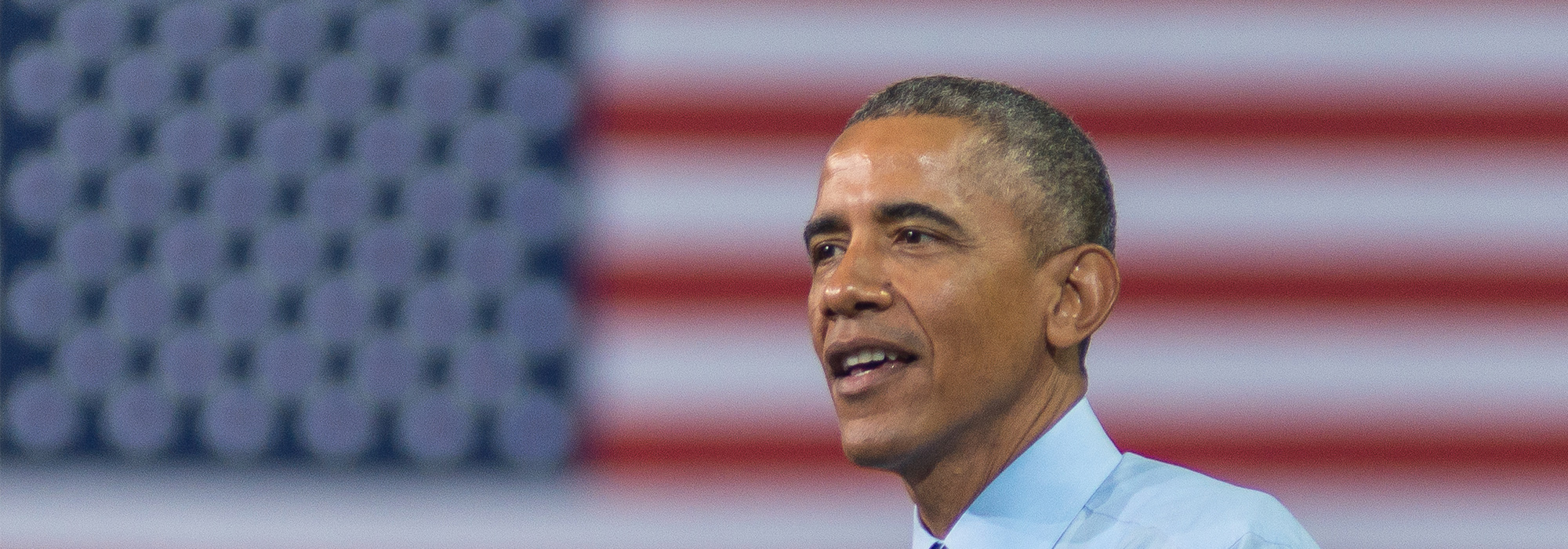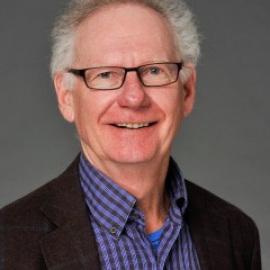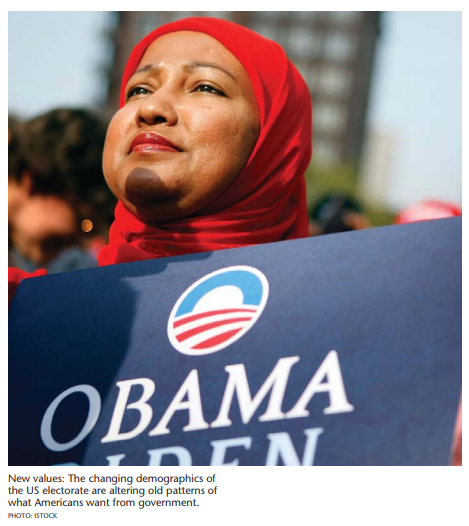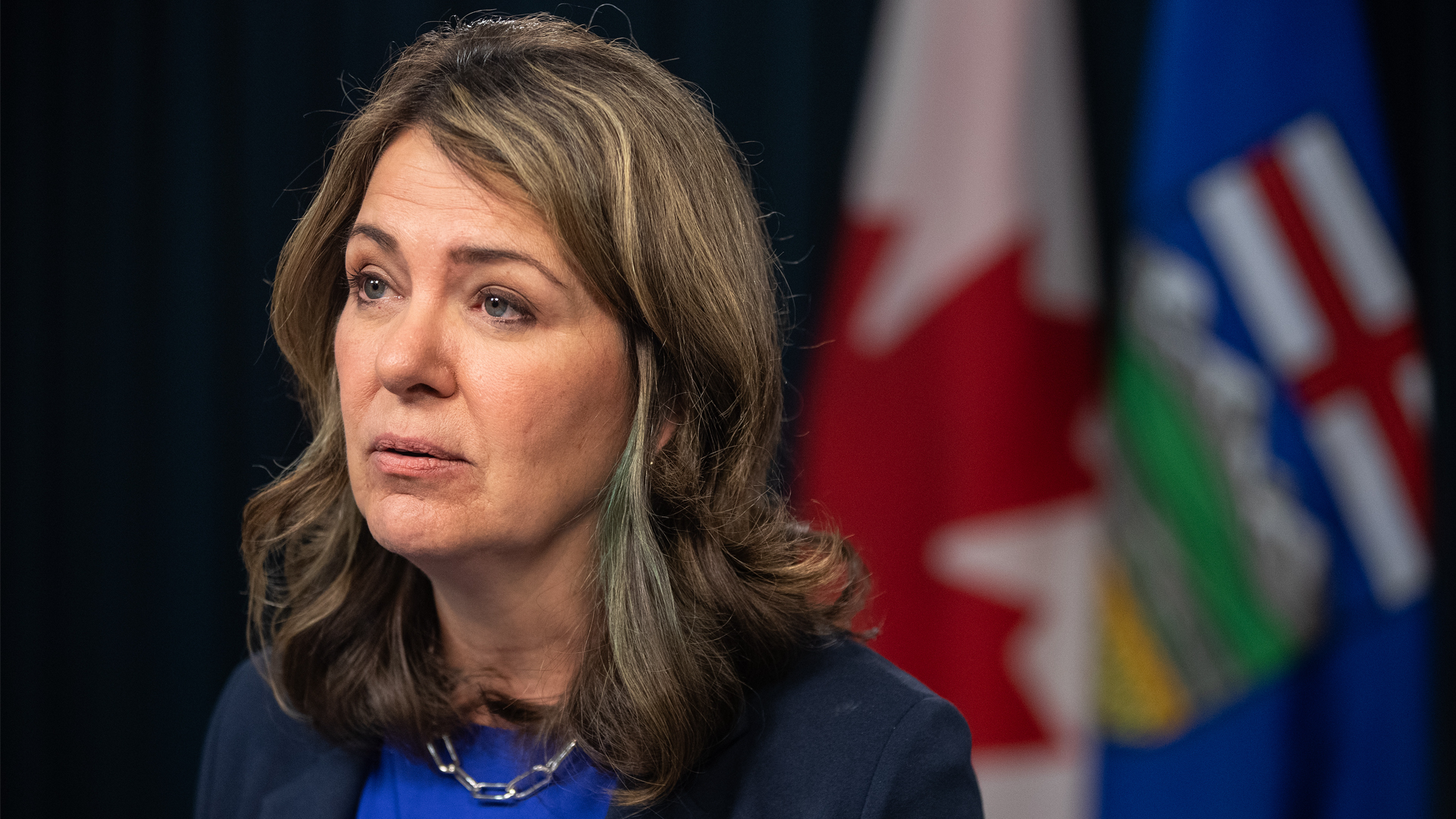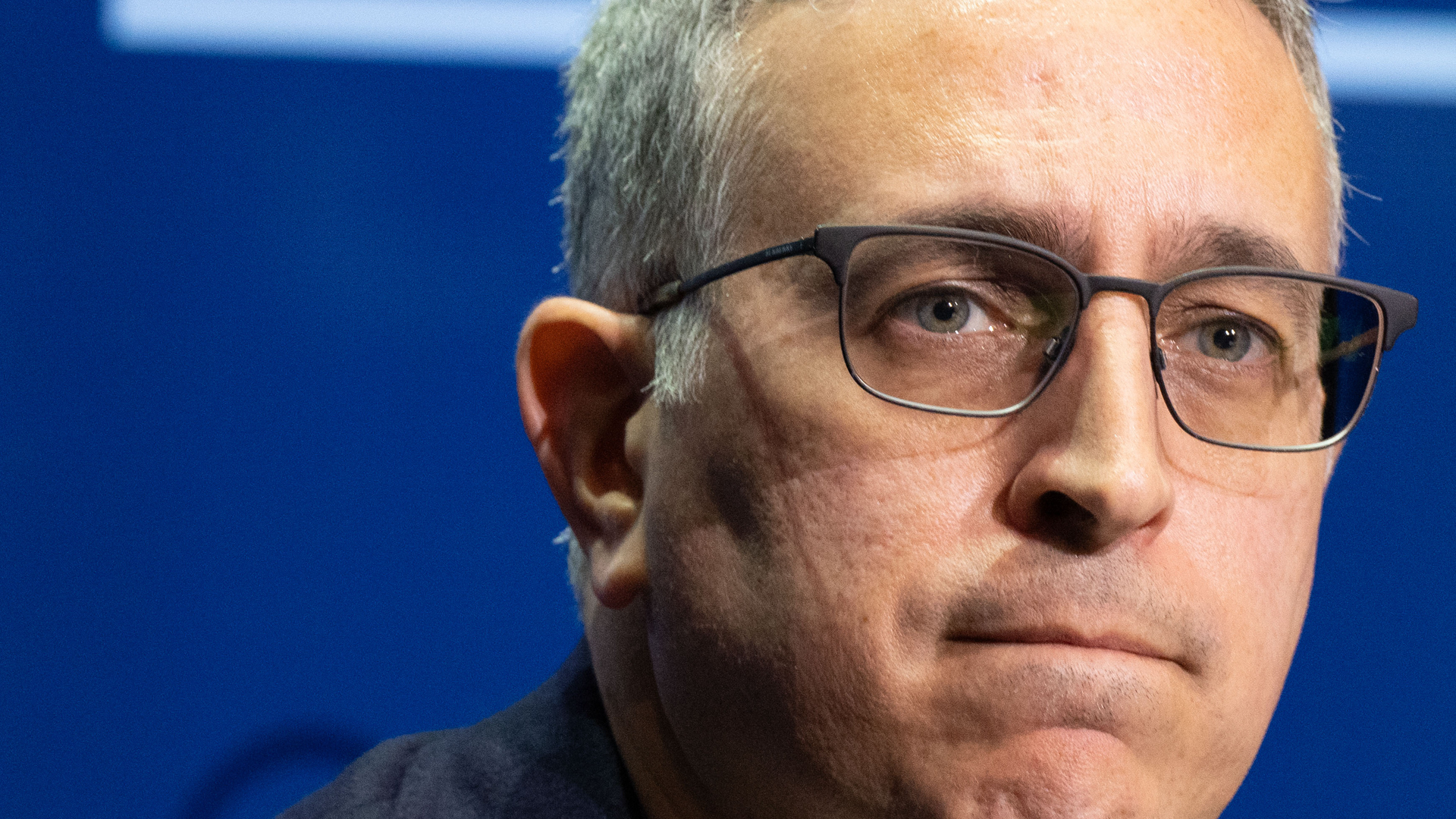
Why does demographic change matter to politics? Different demographic groups are not hard-wired to vote differently. But while demographic traits do not automatically give rise to particular preferences, traits such as age, ethnicity, gender, family status and sexual orientation profoundly shape life experiences and in turn inform people’s ideas about economic and political issues. Changing demographics matter electorally mainly because they are connected to shifts in socio-cultural values.
Since 1992, Environics has been tracking the evolution of Americans’ deeply held beliefs about fundamental issues like family and authority, status and security, individualism and fulfillment. An analysis of the values of the Democratic coalition and the Republican base reveals important differences in world view on issues like authority, diversity, the role of government and how America asserts its power in the world. These are topics of vital interest to Americans and more than passing interest to Canadians and people in the rest of the world.
Our social values research shows that the 2012 election marks a crossroads. Emerging constituencies of African-Americans, Latinos, singles and young people are reshaping the electoral landscape with a new set of values. The values cleavages between traditional voters (older, white, married men) and these emerging constituencies are profound, as are the possible implications of this for American electoral politics over the next two to four years.
The emerging majority increasingly questions patriarchy and is comfortable with a socially diverse America. It sees a role for government in helping those who did not start life in the top 1 percent at least get to the starting line and compete. It may see America as the greatest country in the world, but it is interested in understanding — not just dominating — the rest of the planet.
Many of these Americans would be quite at home in Canada, where, incidentally, according to a Forum poll 78 percent of us would have voted for Obama, including 59 percent of Conservatives, while just 12 percent would have supported Romney.
The Americans who turned out in force for Barack Obama are an increasingly powerful presence in the US electorate. And, like older, white, married men, they are bringing their values with them to the polls.
In post-mortems of the 2012 US election, much has been made of the increased influence at the polls of African-Americans, Latinos, unmarried voters and young women. These groups’ strong turnout — and their preference for President Obama — were sufficiently strong to dash the White House hopes of Mitt Romney, the clear favourite of the group of voters that have traditionally been the dominant force in US politics: older, white, married men.
Republicans were successful in courting the electorate they expected to show up at the polls, particularly older, married, white men, not only self-identified Republicans but independents as well. (As one aide told Slate, “We thought the only way to win was doing well with independents and we were kicking ass with independents.”) The problem that became clear on election day and in the aftermath was not that Republicans had failed to connect with their traditional constituencies and win over some independents — they had — but that winning these groups, even by healthy margins, was no longer a sufficient condition for winning a presidential election.
Today, married white men, once more or less analogous to the electorate, are now just one piece of the puzzle. Their values, formerly definitive of the mainstream, are just one strain in the overall landscape of American values. (When we refer to the existence of a “traditional electorate,” we are referring to not only the fact that voting rights have expanded in stages beyond the original electorate of property-owning white men, but also the fact that socio-economic conditions in recent decades have been increasing political participation among previously marginalized groups.)
The differences in values between the traditional American electorate and the rest of the population are meaningful in their depth and persistence. When we look at the values of white, married men over the age of 35, they stand out among Americans in their support for traditional social hierarchies and institutions.
This group scores low on the value “Flexible definition of the family.” For example, asked to agree or disagree that “getting married and having children is the only real definition of a family,” about half (49 percent) of these men agree, as compared to 37 percent of the rest of the population. Similarly, asked to agree or disagree that “society should regard two people of the same sex who live together as being the same as a married couple,” 37 percent of older, white, married men agree; among other Americans, 52 percent agree.
Closely linked to this belief in traditional family is a belief that the family should be a seat of patriarchal authority: 44 percent of older, white, married men agree with the statement, “The father of the family must be master in his own house.” Among married women, support for this statement is 24 percent; among unmarried women, it’s 31 percent.
It is not only on sexuality and family issues that this group favours clear rules and structures over change and diversity. They are also more likely to favour a more uniform idea of what it means to be American, and are less open to varied ethno-cultural practices and identities. They score very low on the value “Multiculturalism.”
Some Republican leaders were at pains to distance themselves from the “birther” movement, which questions Barack Obama’s US citizenship. Although conspiracy theories about the President’s birth certificate may be propounded by a fringe group (and, most conspicuously, Donald Trump), they gain their emotional purchase by playing on a mindset among this segment of the electorate that holds that there is a conflict or tension between being fully American and having an identity or background that contains non-Anglo Saxon elements.
When it comes to the appropriate size and role of government, an issue that animated much of the recent election campaign, older, white, married men differ from their compatriots substantially. They score low on the value “Active government” and are about half as likely (18 percent) as other Americans (39 percent) to agree that “it should be primarily government, not the private sector, that is concerned with solving social problems.”
This belief in limited government is underpinned both by a somewhat weaker sense of personal responsibility for the fates of people less fortunate than themselves, and a slightly stronger faith in the values “American dream” (the belief that anyone can make it in this country with hard work, a statement that 76 percent of older, white, married men support, compared with 69 percent of other Americans). Similarly, 55 percent of this group endorses the idea that people basically get what they deserve (“Just deserts”), while 49 percent of other Americans agree.
On the question of America’s place in the world, older, white, married men do not stand out as much as some might expect. When asked to agree or disagree that it is personally important to them that America “should hold a strong positionintheworld,”72 percent of these men agree; other Americans are just five points behind (67 percent). The main difference between these men and others on international issues emerges not on the value “National pride,” but on the value “Global consciousness,” which gauges a sense of global citizenship and feelings of empathy with people suffering in other parts of the world.
Republicans might look north to the way Canadian Conservatives appeal to immigrant communities.
One way to look at possible future electoral scenarios is to look at the values of youth. Although Obama lost ground with voters under 30 — 60 percent of them voted for him in 2012 as compared with 66 percent in 2008 — he nevertheless won them by a clear margin.
Young people’s values and outlooks differ substantially from those of older voters. (Our sample includes people 15 and older — not just those of voting age.) Young Americans are more at ease with a multicultural society and relatively skeptical of authority and the trappings of tradition (including religion). For example, 75 percent of Americans under 30 agree that “I would be happy if someone in my family married someone of a different race,” compared with 57 percent of other Americans. Six in ten Americans under 30 (59 percent) agree that “the spiritual side of my life is not a single belief system; I draw on several faiths and traditions.” Forty-seven percent of Americans over 30 say the same.
Even more than these cleavages, however, it may be young people’s attitudes toward government that are most notable, since this election cycle featured so much discussion of the appropriate size and role of government. Americans under 30 are considerably more likely (54 percent) than those over 30 (27 percent) to agree that “it should be primarily government, not the private sector, that is concerned with solving the country’s social problems.”
To the extent that Republicans courted youth voters in this election, they tended to emphasize jobs for new graduates and the threat that Democratic policies will saddle young people with public debt in the future. Young people’s values indicate that, although bread-and-butter issues are also salient, their underlying desire may be a sense of direction and empowerment, the mingling of personal meaning and collective purpose. An every-man-for-himself orientation to the economy does not resonate as strongly with youth as a government that seeks to support young people’s economic participation and harness young adults’ energies for a stronger America.
While the values shifts we have traced here are real, their impact on the outcome of specific elections is by no means guaranteed. As the results of the popular vote attest (50 percent for Obama to 48 percent for Romney), neither side is overwhelmingly dominant, and the many campaigns at the national and state level over the next four years will be fought at the margins, with voter mobilization being as important as the right appeal to the values of each coalition.
In 2012, voters over the age of 50 made up 44 percent of the electorate, but in the 2010 midterm elections, they cast 57 percent of the ballots. The more youthful composition of the 2012 electorate clearly benefited Democrats, but it is notable that Democrats’ performance among older people was actually worse in 2012 than in the 2010 mid-terms. Democrats lost all over-50 segments in 2012, whereas in 2010 they conceded only senior citizens (not the 50-64 age group).
Reaching the emerging constituencies that fuelled this year’s Democratic victory — and evoking their values in ways that are sufficiently compelling to bring them to the polls — will be an important ingredient of future electoral success for Democrats. They certainly have a head start.
If they are looking for a successful model, Republicans might cast an eye to Canada. North of the border, we have a population that is majority centre-left, but four parties (including a separatist one) vying for these votes. More significant to Republican strategists, who cannot generally rely on a Ralph Nader figure to split the centre-left vote, Canada has a single centre-right party, whose base is primarily regional and rural, that has managed to achieve majority government in our first-past-the-post parliamentary system.
The Conservative Party has achieved this success by reaching beyond its base to carefully targeted segments of immigrants and their children. Using a deft combination of traditional values, materialist aspiration and an occasional foreign-policy gesture, Canadian Conservatives have expanded their tent and diversified their constituency. Republicans who study the Harper Conservatives will note that they have worked hard to suppress the excesses of some of their more bombastic (and potentially alienating) supporters and are reaping the rewards in the form of at least nine years in power — and counting.
Photo: David Peterlin / Shutterstock




